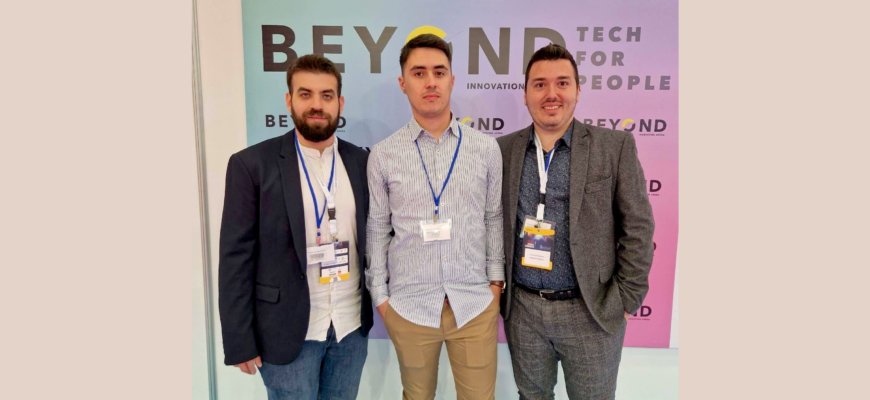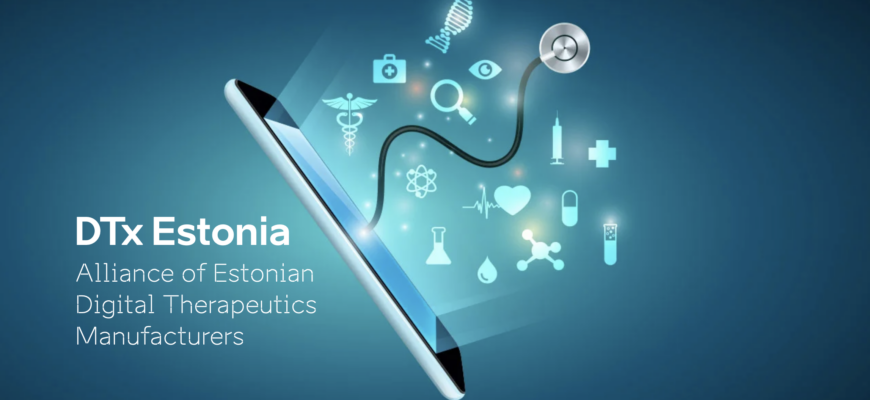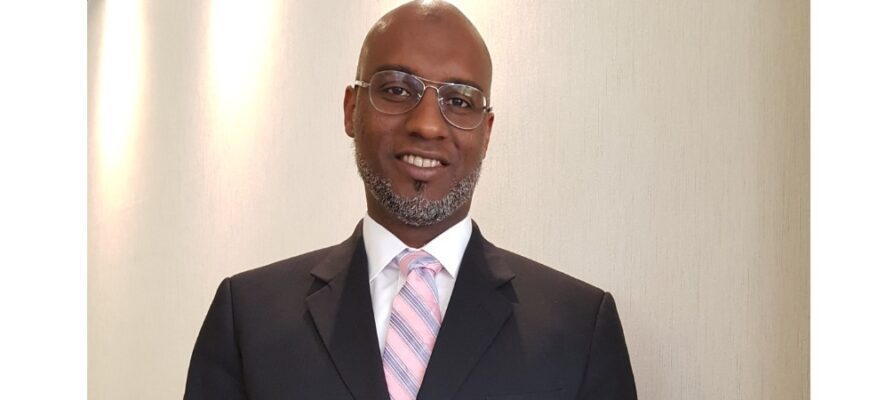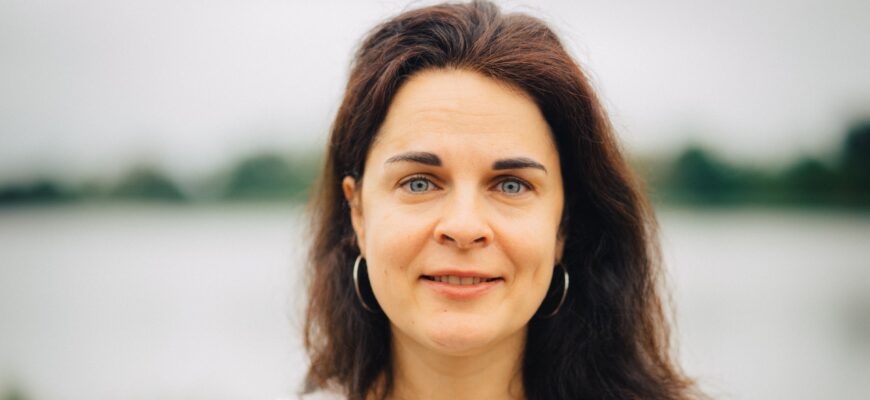- 05/06/2023
- by Health Founders
We sat down with the founders of Aisthesis Medical, a second team we’re proud to introduce you from our batch IV – Health Founders Accelerator Program 2023. You’ll hear them sharing their thoughts, views and background on their remarkable work that affect at least three million patients each year in busy operating rooms. The team have developed a AI-driven software that supports anesthesiologists by predicting adverse effects of anesthesia to prevent complications during surgery.
Meet the co-founders of Aisthesis Medical: Ioannis Gkouzionis – Chief Executive Officer, Vasileios Dimakopoulos – Chief Scientific Officer and Sotirios Liliopoulos – Chief Technology Officer!
What is the problem you are solving?
Ioannis: Our goal is to provide healthcare professionals with a comprehensive view of patient health data in real-time, allowing them to make more informed decisions and deliver more effective treatments.
Vasileios: In Europe, more than 26 million surgical procedures are performed each year. During or after these procedures, patients are at risk due to actions or failure to actions of the clinicians, or due to failure of anaesthetic equipment due to which the clinical situation of the patient might be jeopardized. Indeed, current evidence suggests that up to 10% of these patients may suffer some kind of surgery related complication, ranging from minor complications without consequences, to ICU admission and death. This not only involves adverse patient outcomes, but also increases the ever-increasing expenses for healthcare systems and society.
Sotirios: Our team’s primary focus is to address the challenges faced by healthcare professionals in delivering effective treatment and care to patients. We aim to equip healthcare professionals with instant access to patient health data for informed decision-making and improved treatment outcomes. Additionally, the team aims to minimize surgery-related complications, which not only lead to adverse patient outcomes but also increase healthcare expenses.
What inspired you to start this company and how did you get started?
Ioannis: My passion of translating medical devices into the clinical practice led me to jump into the entrepreneurship world. We started by conducting extensive research to identify key pain points and areas for improvement in acute care. We then brought together a team of experts in healthcare, technology, and data analysis to develop our solution.
Vasileios: I was inspired to found Aisthesis Medical together with my colleagues by a desire to improve patient outcomes and address unmet medical needs in the area of perioperative care. We conducted extensive research, leveraged our academic expertise and network, and validated a proof of concept. Today, we are proud to be at the forefront of medical device innovation, improving patient outcomes and changing the way anaesthesia monitoring in acute care is performed by introducing explainable and trustworthy AI.
Sotirios: Our company was founded on the belief that medical technology and devices should be used to improve patient outcomes and enhance clinical decision-making. We identified a significant need for more advanced monitoring and data analysis in perioperative care, and developed a solution that introduces cutting-edge AI technology to provide real-time insights and decision support. With a team of experts in healthcare and technology, we are dedicated to transforming the way that medical devices are used in clinical practice, with a focus on improving outcomes for patients in critical care settings.
Why is now the right time to solve this problem?
Ioannis: With the increasing amount of patient health data available, it can be challenging for healthcare professionals to process and interpret all the information effectively. This is where clinical decision support systems can be extremely valuable. By leveraging machine learning algorithms and other advanced technologies, our system can analyse patient data and provide recommendations and insights to healthcare professionals in real-time.
Vasileios: The introduction of AI in perioperative care for continuous monitoring and adverse event prediction is timely for several reasons. Firstly, there is an increasing demand for high-quality healthcare that is cost-effective and efficient both for the hospitals but for the healthcare system as well. AI-based solutions can help healthcare providers to deliver more precise and personalized care, improving patient outcomes by creating digital twins of each patient individually and can help reduce healthcare costs by mitigating medication errors, improving the administrative burden and the staff shortage and by reducing the clinicians’ overload.
Sotirios: Our solution uses AI and data analytics to provide real-time insights and decision support, transforming the way that healthcare professionals approach patient care. With advancements in technology and increasing amounts of patient data, now is the perfect time to introduce innovative solutions that improve patient outcomes and streamline healthcare delivery.
How are you different from your competitors?
Ioannis: Our product provides real-time insights into patient health, seamlessly integrates with existing clinical workflows, and is highly customizable. We prioritize data security and user satisfaction, ensuring that healthcare professionals can make informed decisions and provide personalized care to patients.
Vasileios: Our clinical decision support system generates informed alerts and recommendations in real-time to support clinical decision-making. Our competitive advantage lies in the exploitation of all the available clinical data of the patient, including preoperative lab tests, demographics, intraoperative vitals and drug administration to create a digital profile of the patient. Our competition only makes use of one parameter that is used for a single complication and defines grey-zone thresholds with which traditional statistical models predict the probability of the adverse event. In our case, our cutting edge AI solution not only predicts the complication by multimodal data, but also gives explanation and recommendation to the clinicians.
Sotirios: Our focus on innovation and user-centric design sets us apart from our competitors. We prioritize usability and customization, allowing healthcare professionals to easily integrate our solution into their clinical workflows. Additionally, our AI-based solution provides predictive analytics and real-time insights, helping healthcare providers deliver more precise and personalised care to their patients.
What are some of the most exciting developments or milestones you’ve achieved so far?
Ioannis: So far, we have successfully forged partnerships with reputable hospitals in Greece and the Netherlands. Through these partnerships, we have been able to collaborate closely with healthcare professionals and researchers, gaining valuable insights into the challenges facing the healthcare industry.
Vasileios: I, personally, am proud of the recognition of our efforts by two funding entities that support us financially with public grants. We managed to write two proposals that express the vision of our company and the EIT Health RIS and the HOSMARTAI cascade funding were aligned with us and awarded us two grants worth €225k!
Sotirios: Winning two European funding entities was a major milestone, enabling us to accelerate our research and development and further our mission of improving patient outcomes through the use of AI and digital health technologies. However, what we’re most proud of is the partnerships we’ve established with some of the most prestigious hospitals both in Greece and the Netherlands.
What is the recipe for a successful team?
Ioannis: Having a clear understanding of our goals and objectives, and being aligned in working towards achieving them. This provides a sense of direction and purpose, and helps to ensure that everyone is working towards a common vision.
Vasileios: There is no one-size-fits-all recipe for a successful team, as each team is unique and will have its own set of challenges and opportunities. However, I firmly believe that open and effective communication is crucial for building trust and ensuring that team members are on the same page. This includes active listening, giving and receiving feedback, and clearly defining roles and responsibilities. Also, having a shared understanding of the team’s goals and being aligned in their approach to achieving them creates a sense of purpose and motivation that can drive the team’s success.
Sotirios: A successful team is built on shared values and goals, on a foundation of trust, communication, skills, and a willingness to collaborate and learn from each other. Additionally, it requires strong leadership that can motivate and empower team members to work towards a common purpose.
What impact do you hope to have on the healthcare industry in 5 years?
Ioannis: By empowering healthcare professionals with digital tools that can help prevent, detect, diagnose, and treat diseases, we can make a meaningful difference in the lives of patients and the well-being of healthcare workers.
Vasileios: I hope that by bringing our innovation to the healthcare industry, we would be able to shift the market towards a digital, personalized, preventive and proactive healthcare continuum. That would have an impact towards society, research and science and of course the patient’s well-being.
Sotirios: Our goal is to achieve a leading position in the medical technology industry by providing innovative solutions that address unmet medical needs and improve patient outcomes. We hope to make a lasting impact on the healthcare industry by leveraging the latest technologies and collaborating with healthcare professionals to advance medical science and improve the delivery of care.
To find out more about Aisthesis Medical visit: www.aisthesismed.com




